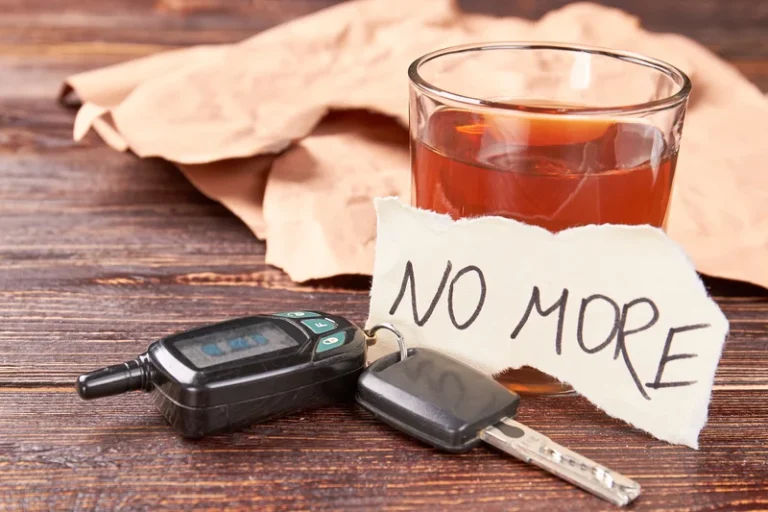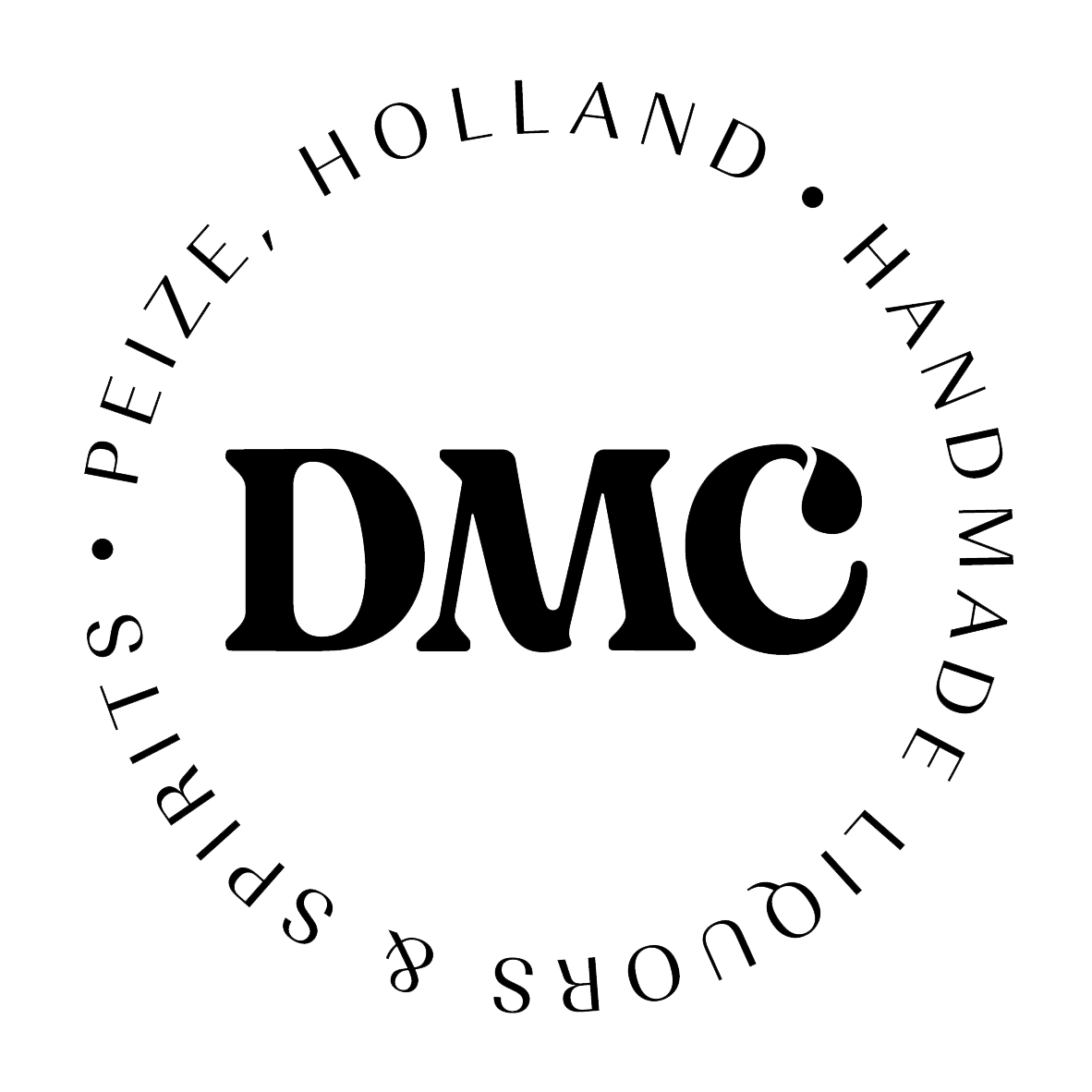
If you are homeless or at risk of becoming homeless, please contact your local hotline or learn about other resources on our How to Get Help page. To help people seeking housing, different agencies and systems collaborate to inventory and create access to available housing options, often within a HUD Continuum of Care (CoC). People in housing and homeless services roles then work with individuals to find housing within and beyond the CoC. Recovery housing is an important resource to learn about and consider as part of a homelessness response system.
- See the graphic below to learn more about common myths – and the facts – surrounding recovery housing.
- He has overseen a portfolio of more than $6 billion in urban and disaster risk reduction sectors in Pakistan and managed major housing reconstruction programs, including in earthquake-affected areas and in Sindh.
- Its main instruments for helping its developing member countries are policy dialogue, loans, equity investments, guarantees, grants, and technical assistance.
- These challenges complicated rebuilding efforts and exposed flood-affected families to health risks, higher vulnerability to climate change, and diminished ability to maintain their livelihood.
Connect with Permanent Supportive Housing
In a recovery housing program, the goal is to establish not just a safe living environment but also supportive services that can assist individuals on their path to recovery from substance abuse or mental health disorders. When people experience or are at risk of experiencing homelessness, many look for safe, stable, and affordable housing within their communities. Some people benefit from New Beginning Recovery Review housing that can also support them in working toward personal goals such as recovery from substance use or mental health conditions. Recovery housing, sometimes known as recovery residences, sober homes, or sober living, can help people who want to work toward substance use recovery within a supportive, homelike environment.
CARE End Evaluation Report: Pakistan Multi-sector Integrated Emergency Response – Phase 2
- It is offered without preconditions (such as employment, income, absence of criminal record, or sobriety) and the resources and services provided are typically tailored to the needs of the person.
- NARR values the cultivation of supportive, recovery-oriented environments where individuals can share experiences and offer mutual support, fostering a sense of belonging and collective strength.
- Due to the high cost of medicines and the withdrawal symptoms, it may be challenging to locate accommodation and employment.
- HUD’s Continuum of Care program provides funding for housing and support services for individuals experiencing homelessness.
- Both public and private landlords are required to act in alignment with fair housing law, granting accommodations and modifications as needed, and treating applicants and residents fairly and equitably.
Odds are, you or someone you know will struggle with substance use disorder or mental illness at some point in your lifetime. Currently, more than 20 million Americans are in recovery from substance use disorder. With the appropriate resources and support available, healing and recovery can be made possible for even more Americans.

Get Help With Addiction
In addition, eviction is a common unwelcome catalyst for people to vacate their homes. Homeless or at-risk individuals and families who struggle with addiction-related problems are eligible for Permanent Supportive Housing. Program participants must contribute either 30% of their monthly income, or the full amount of the shelter allowance provided by the home social service district.
State Disaster Recovery New Housing Grant Program

The Disaster Recovery Housing Assistance Program will provide financial assistance to eligible homeowners affected by recent natural disasters, helping them to expedite repairs to their homes. Although it could start out as a coping mechanism for challenging living circumstances, it usually makes things worse. Due to the high cost of medicines and the withdrawal symptoms, it may be challenging to locate accommodation and employment.
The services and facilities provided by dWELL Recovery (collectively, “Services”) do not include, comprise or involve any form of medical advice, oversight, diagnosis, care or treatment. The Services should only be used in conjunction with the guidance and care of your physician(s). Information and statements regarding some of the products and/or services featured on the Website have not been evaluated by the Food and Drug Administration and are not intended to diagnose, treat, cure or prevent any addiction, disease or medical condition. Gender-affirming recovery housing that promotes skill-based learning and community support for young adults navigating mental health concerns.
- It has been demonstrated to be effective in getting people experiencing homelessness into permanent housing and keeping them there.
- It advances research, data and design in the City’s program and policy development, service delivery, and budget decisions.
- People in housing and homeless services roles then work with individuals to find housing within and beyond the CoC.
- Your support directly contributes to the expansion of safe, quality recovery residences nationwide, making a lasting impact on individuals and families on their journey to healing.
Combating Addiction and Homelessness: The Role of Recovery Housing Programs
If you are located in New York City, contact the NYC Department of Homeless Services and/or NYC Human Resources Administration/Department of Social Services (HRA/DSS) and ask them about a OASAS housing provider in your area. NARR utilizes evidence-based standards and ethical guidelines to assist dozens of state affiliates in certifying and managing recovery residences across the continuum of care. We partner with state agencies and recovery community organizations to advocate for the adoption of our high-quality housing standards at both state and national levels.

Choosing High-Quality Recovery Housing Workbook
The goals are to help people obtain housing quickly, increase self- sufficiency, and stay housed. It is offered without preconditions (such as employment, income, absence of criminal record, or sobriety) and the resources and services provided are typically tailored to the needs of the person. According to research, a large number of homeless people suffer from one or more mental health difficulties. These mental health issues are frequently a barrier to getting stable housing and work, perpetuating the cycle of homelessness. It is vital to understand the complexities of the interrelated issues of mental health and eviction as they relate to recovery housing while dealing with homelessness.

From Homelessness to Hope: The Power of Recovery Housing Programs in rebuilding lives.
By connecting people with a home, they are in a better position to address other challenges that may have led to their homelessness, such as obtaining employment or addressing substance abuse issues. The intervention has also been effective for people traditionally perceived to be more difficult to serve, including people with limited or no income and survivors of domestic violence. For people with substance use disorder, housing is a vital tool for sustaining recovery. On the other hand, living without housing has been shown to exacerbate symptoms of substance use disorder. Despite the fact that housing can be a key element to maintaining one’s sobriety, people with a history of substance use often face substantial barriers to accessing fair, stable, and affordable housing. Being medically cleared from a detoxification program may be required for some recovery housing programs.



